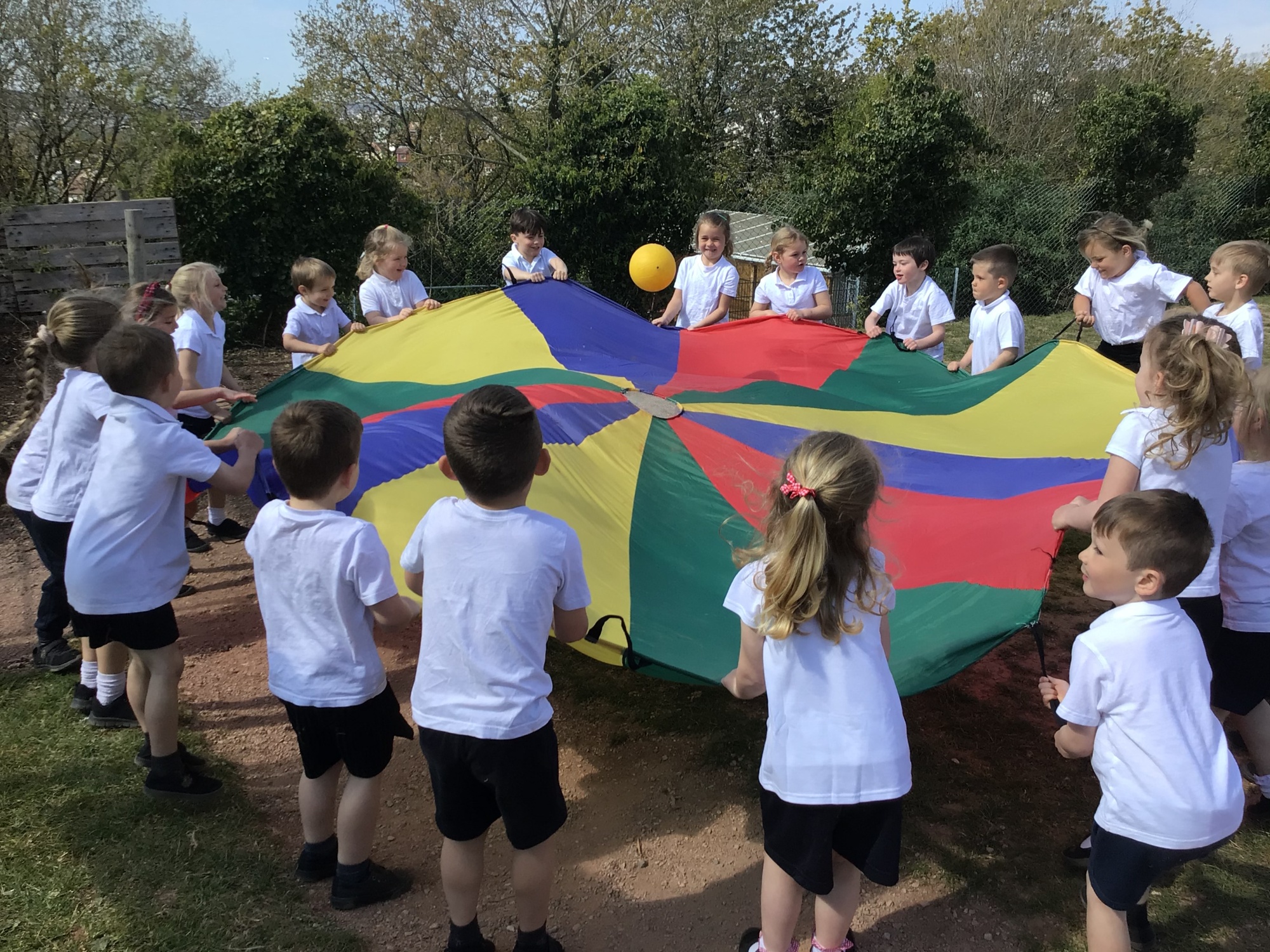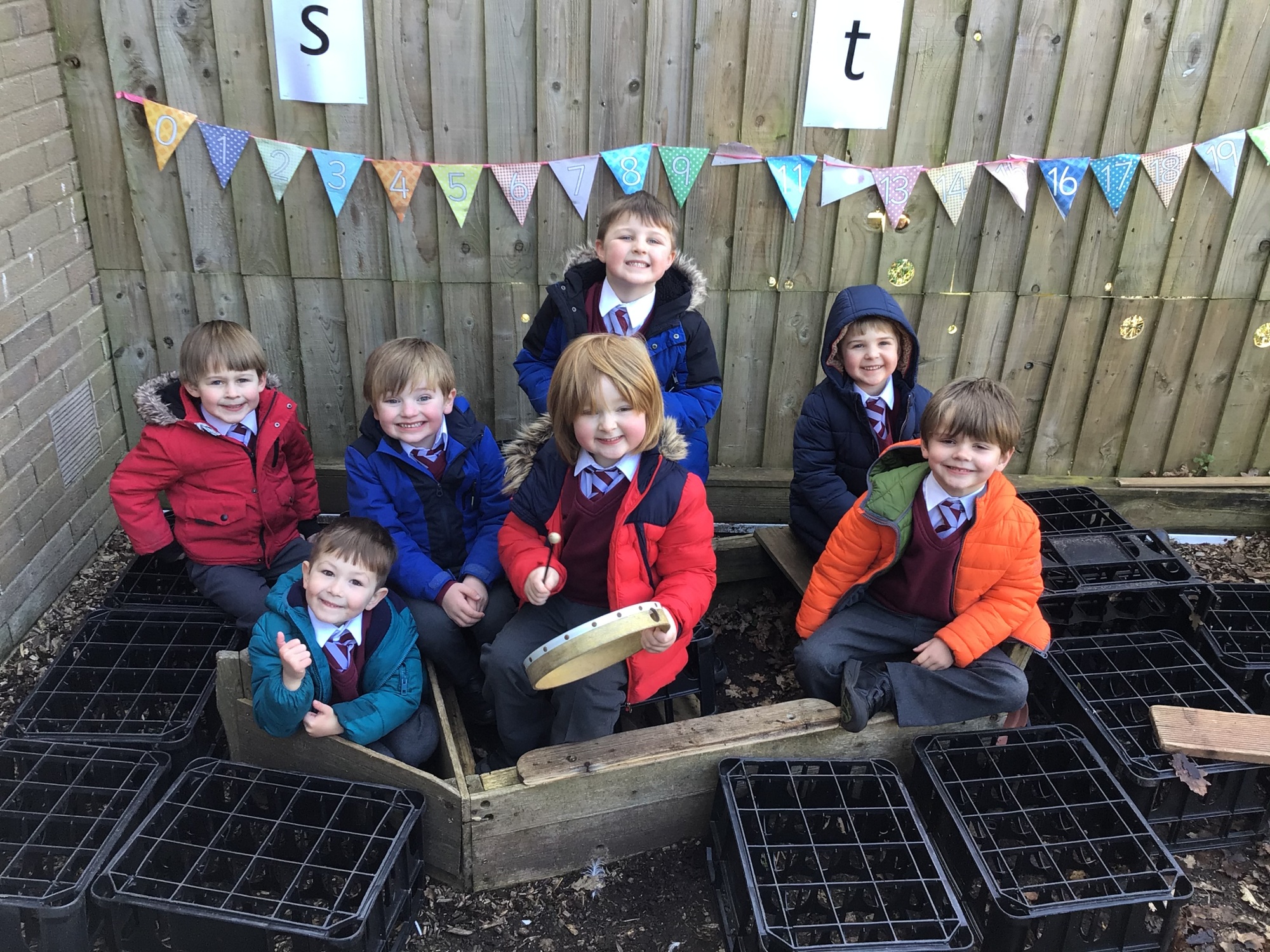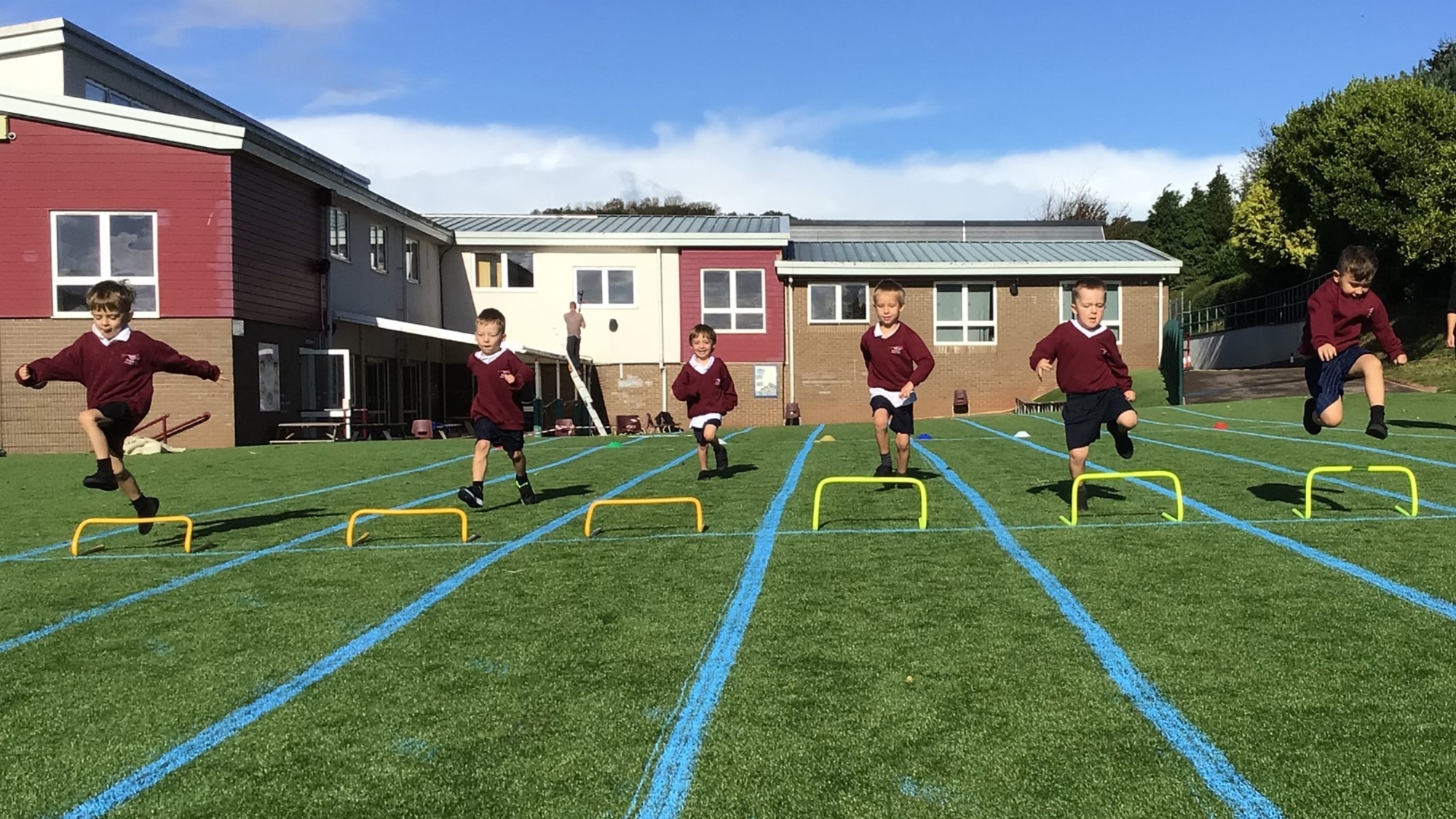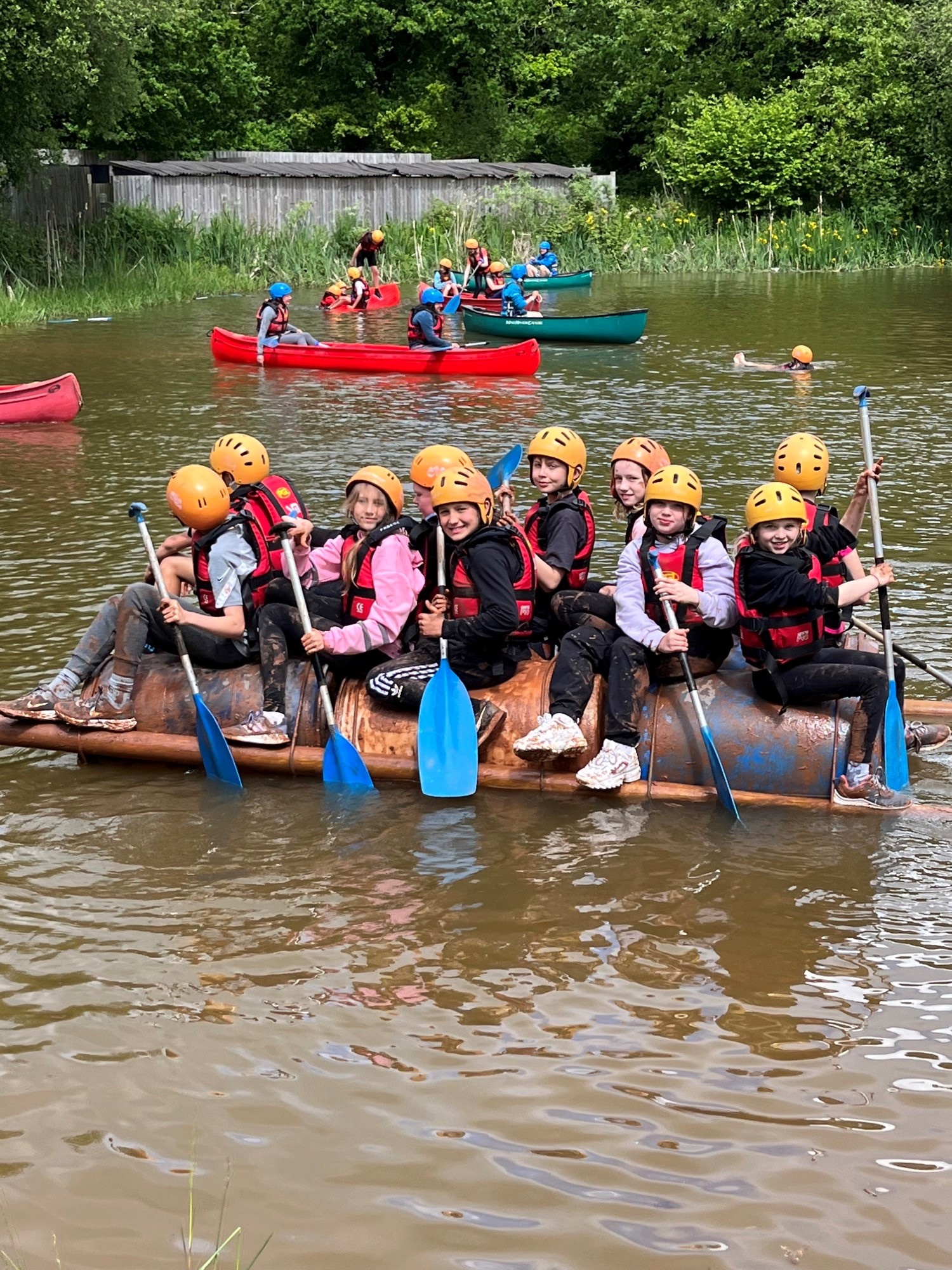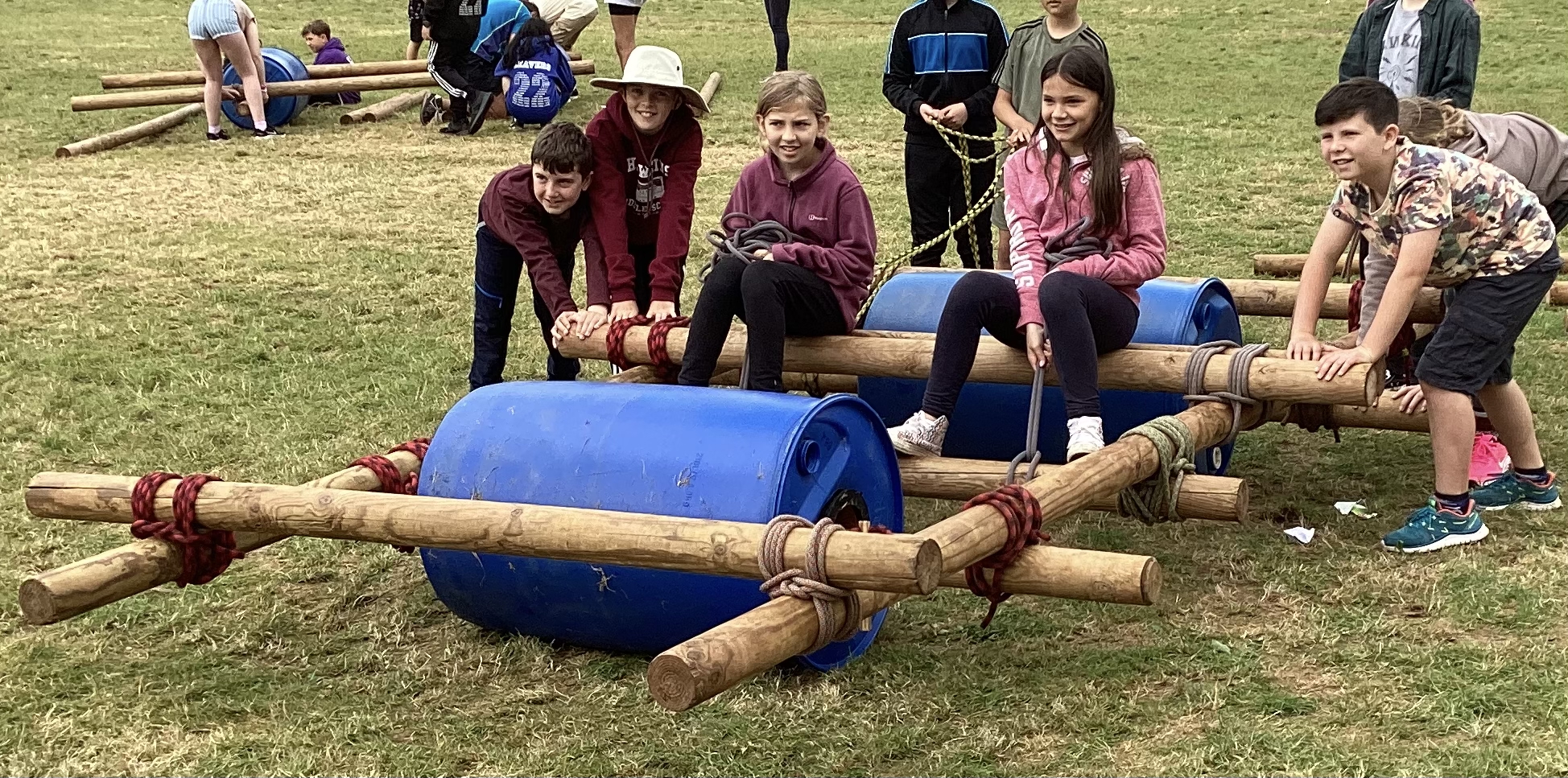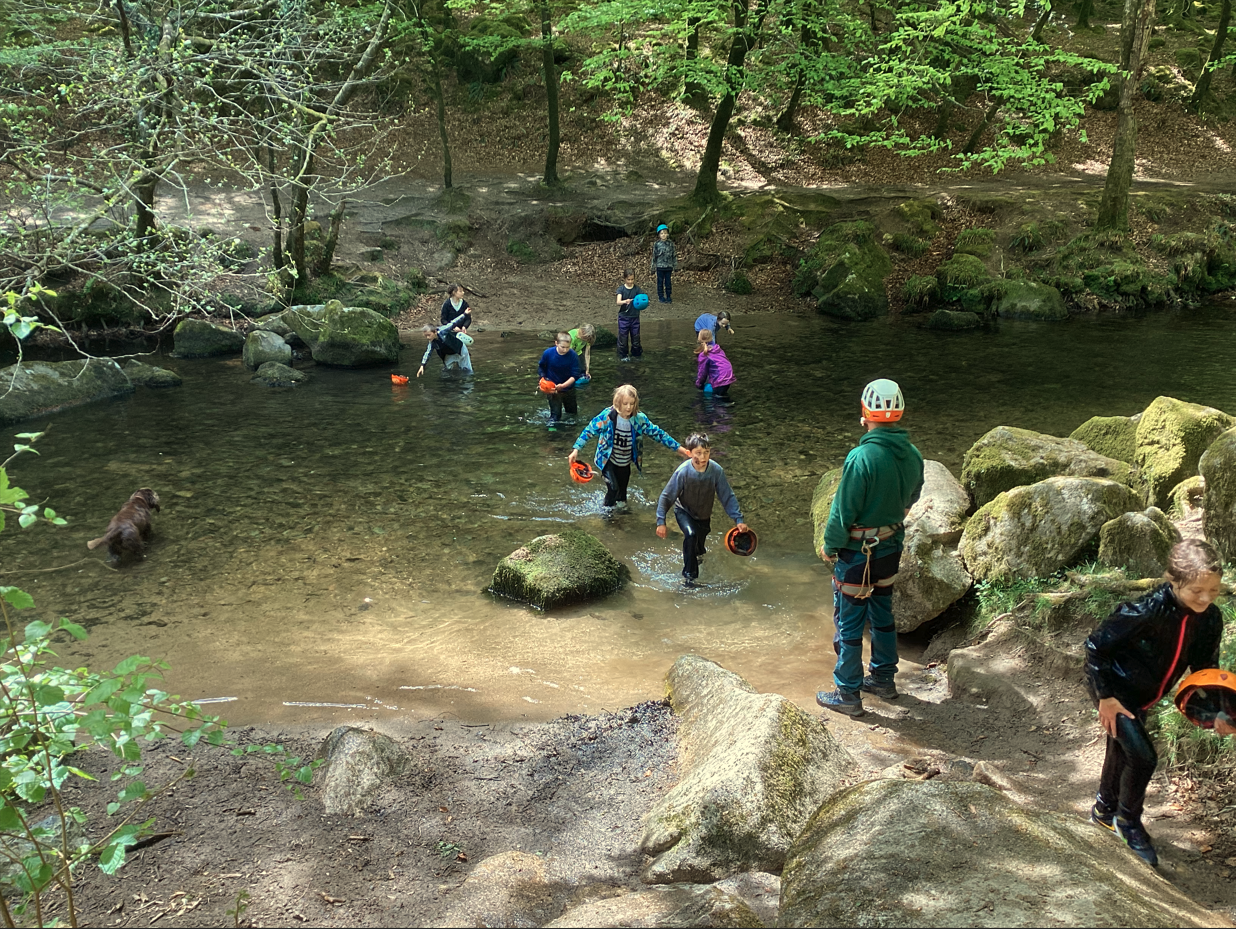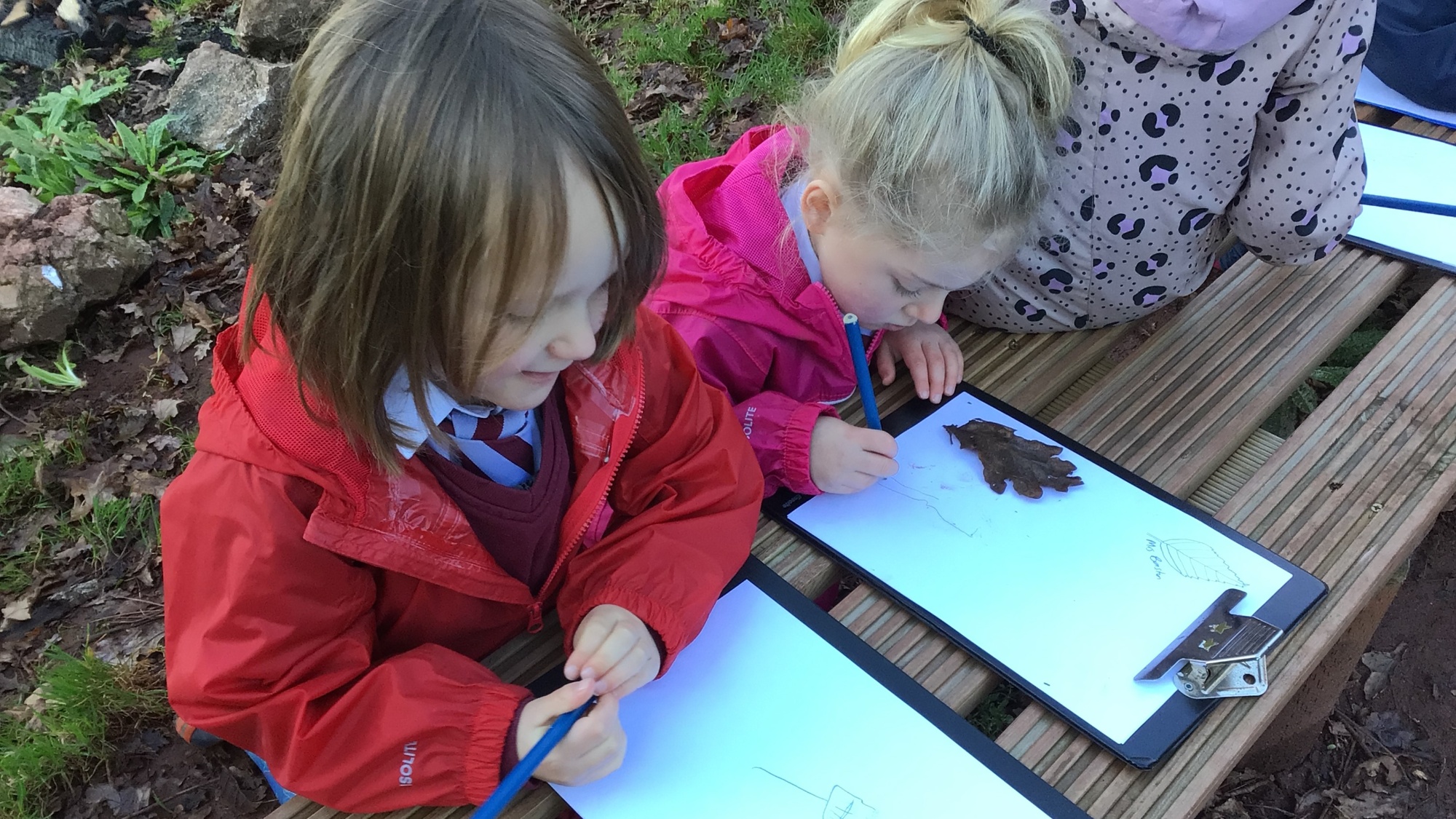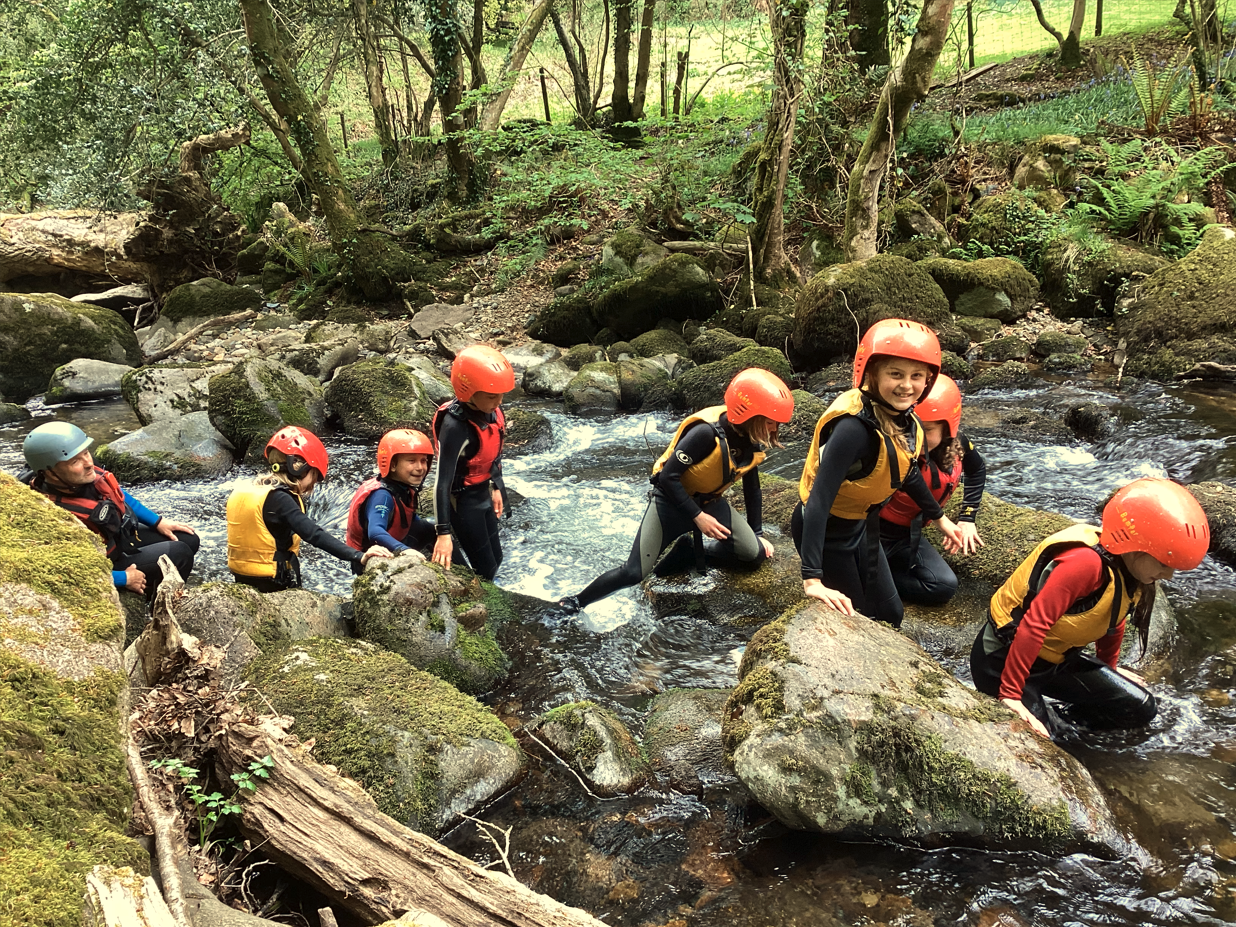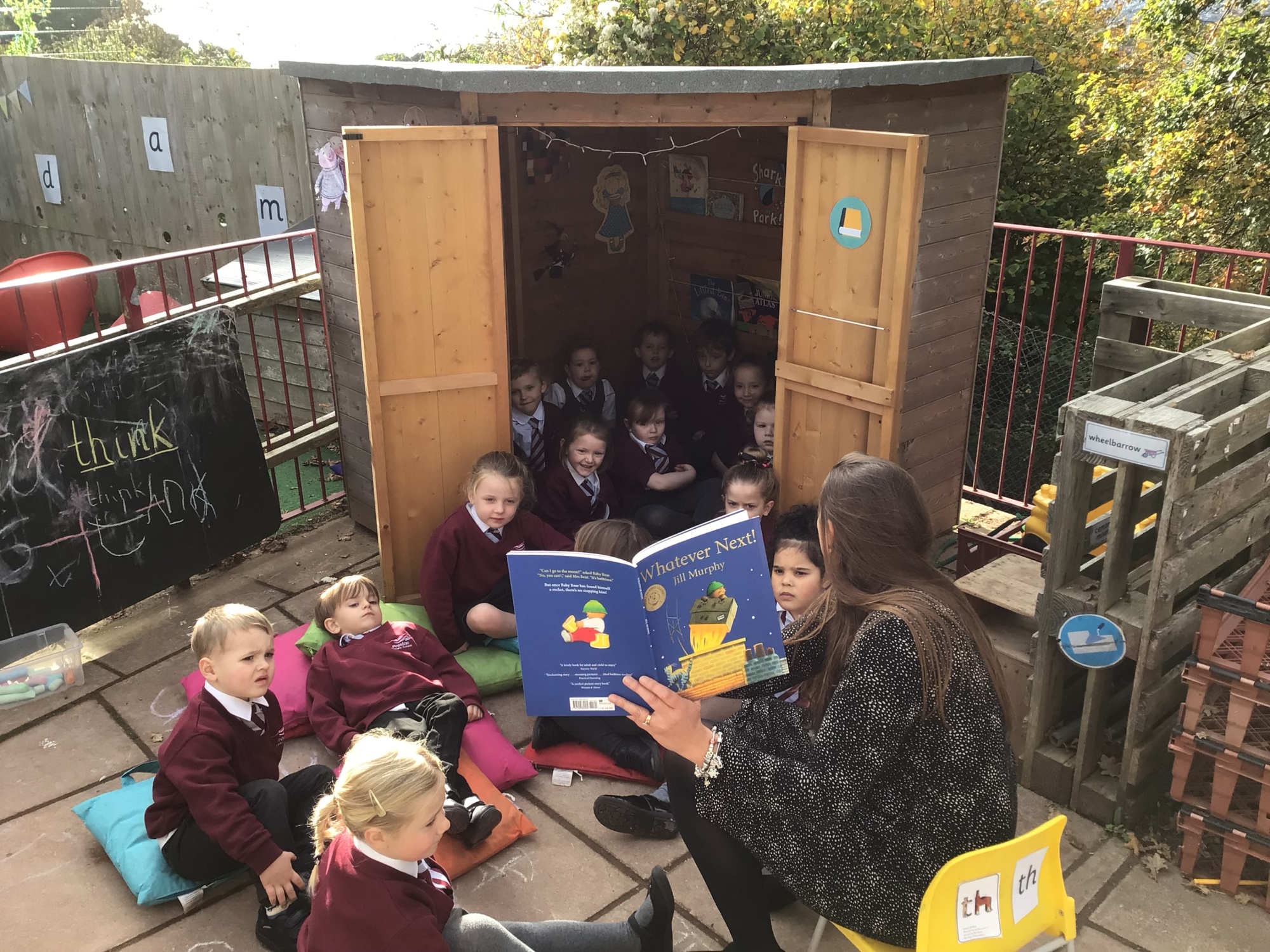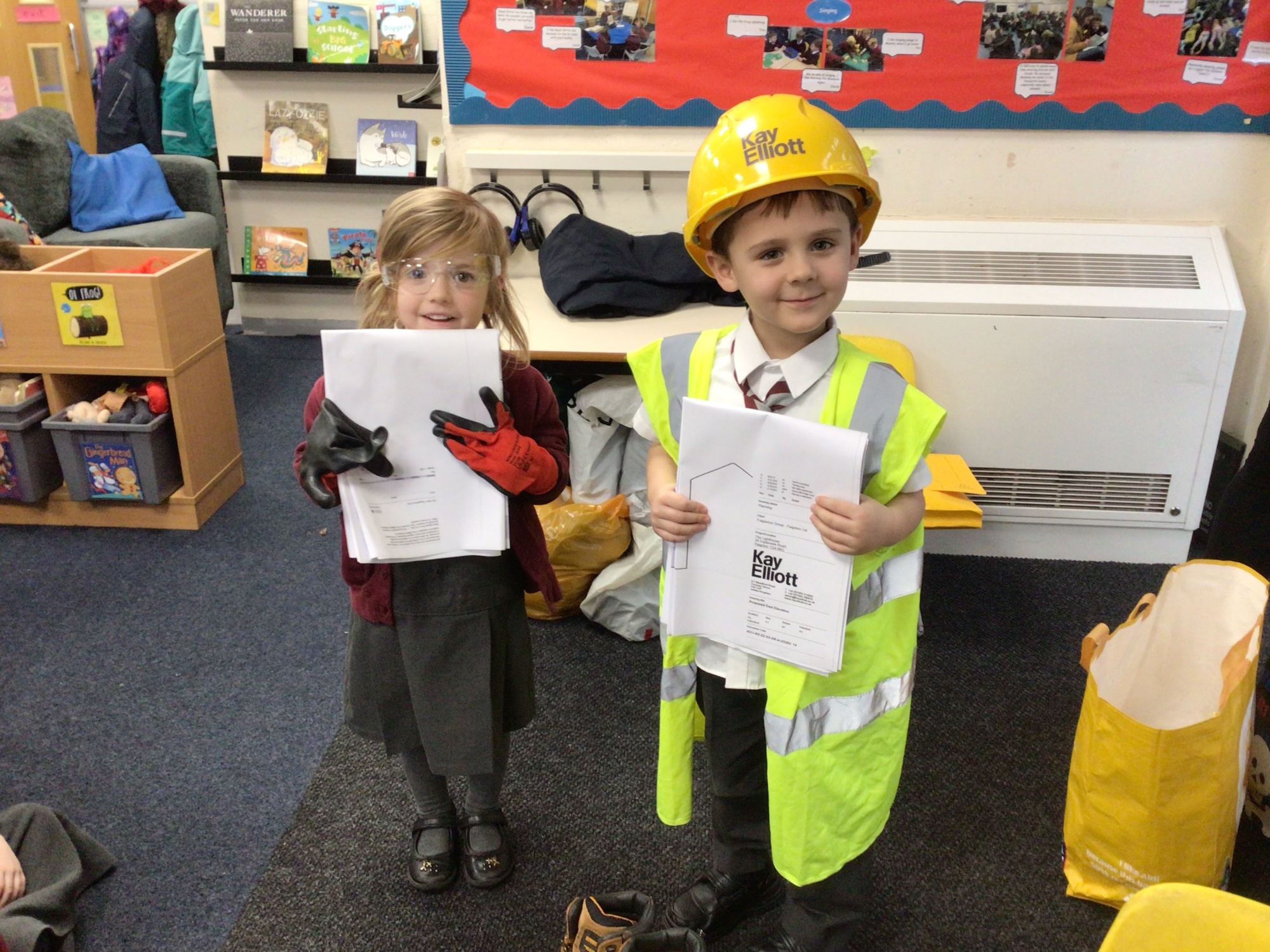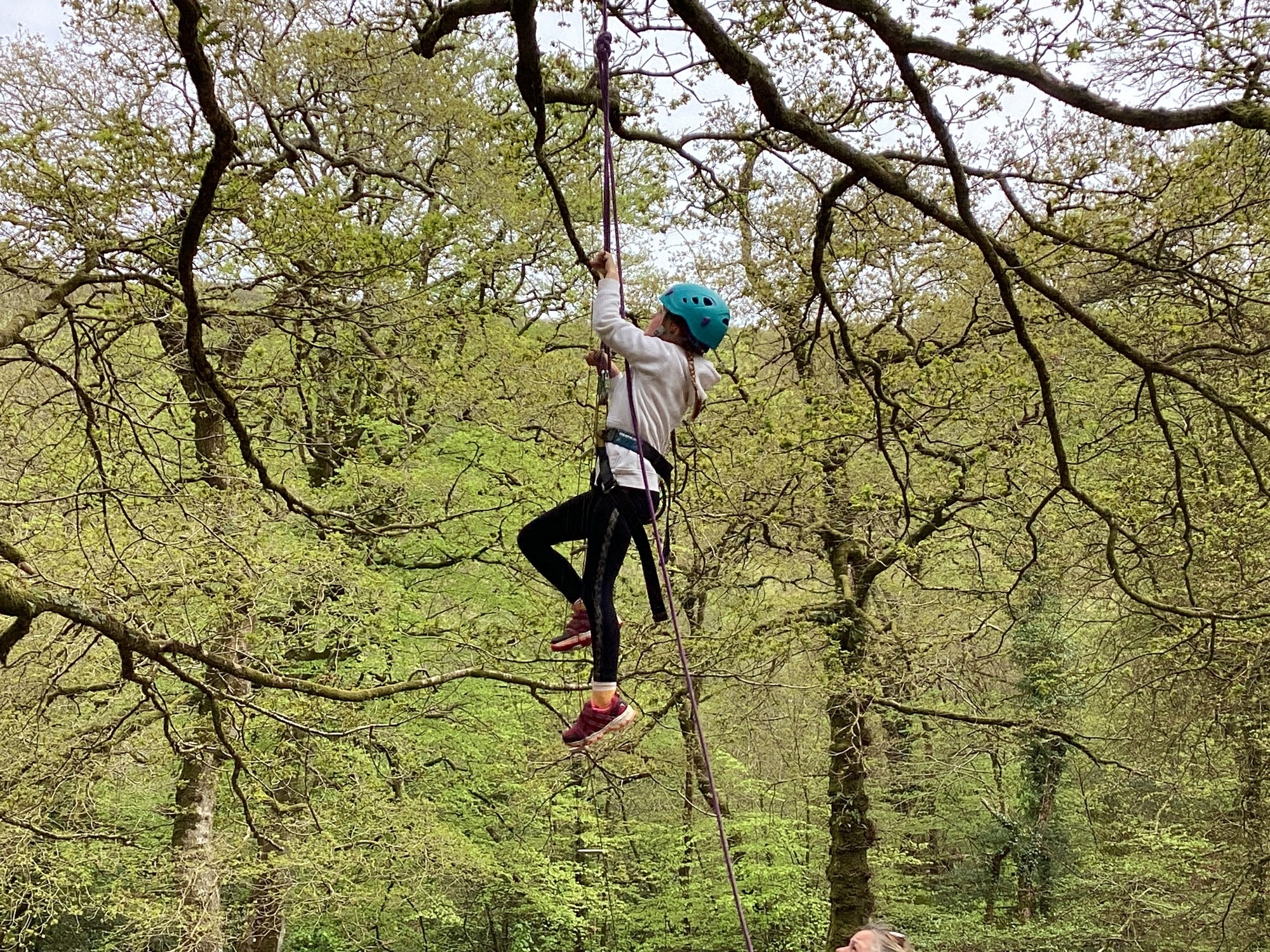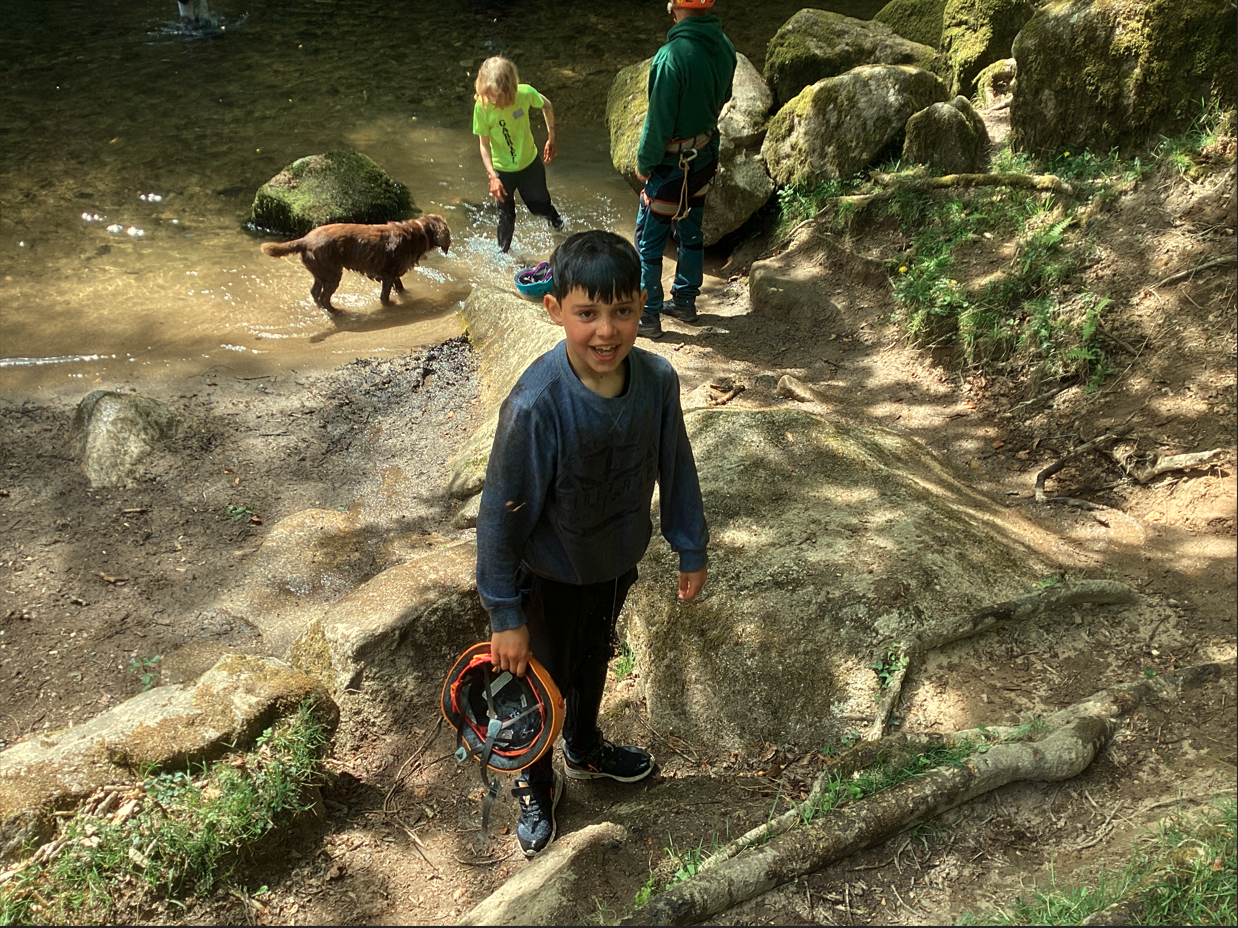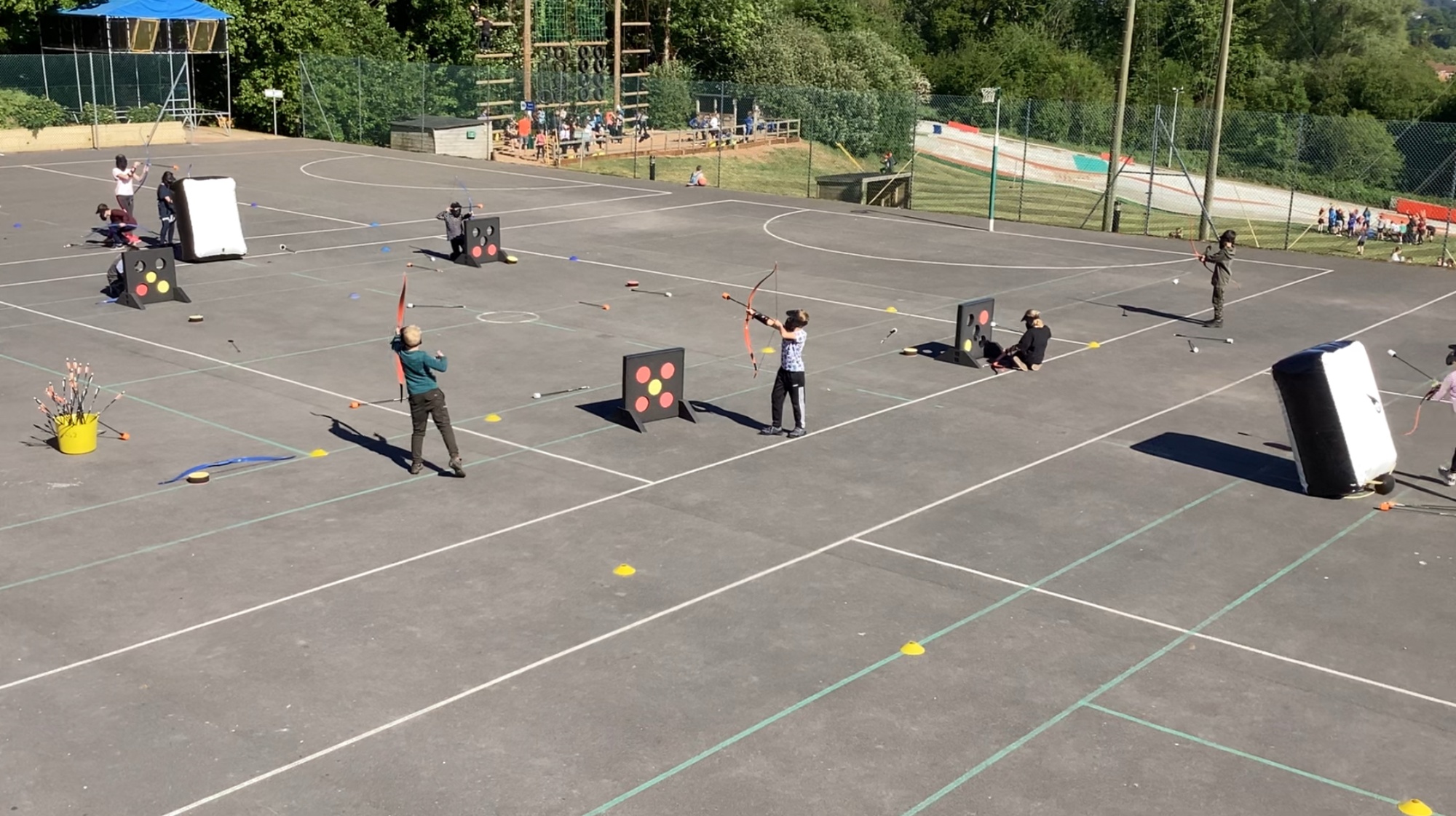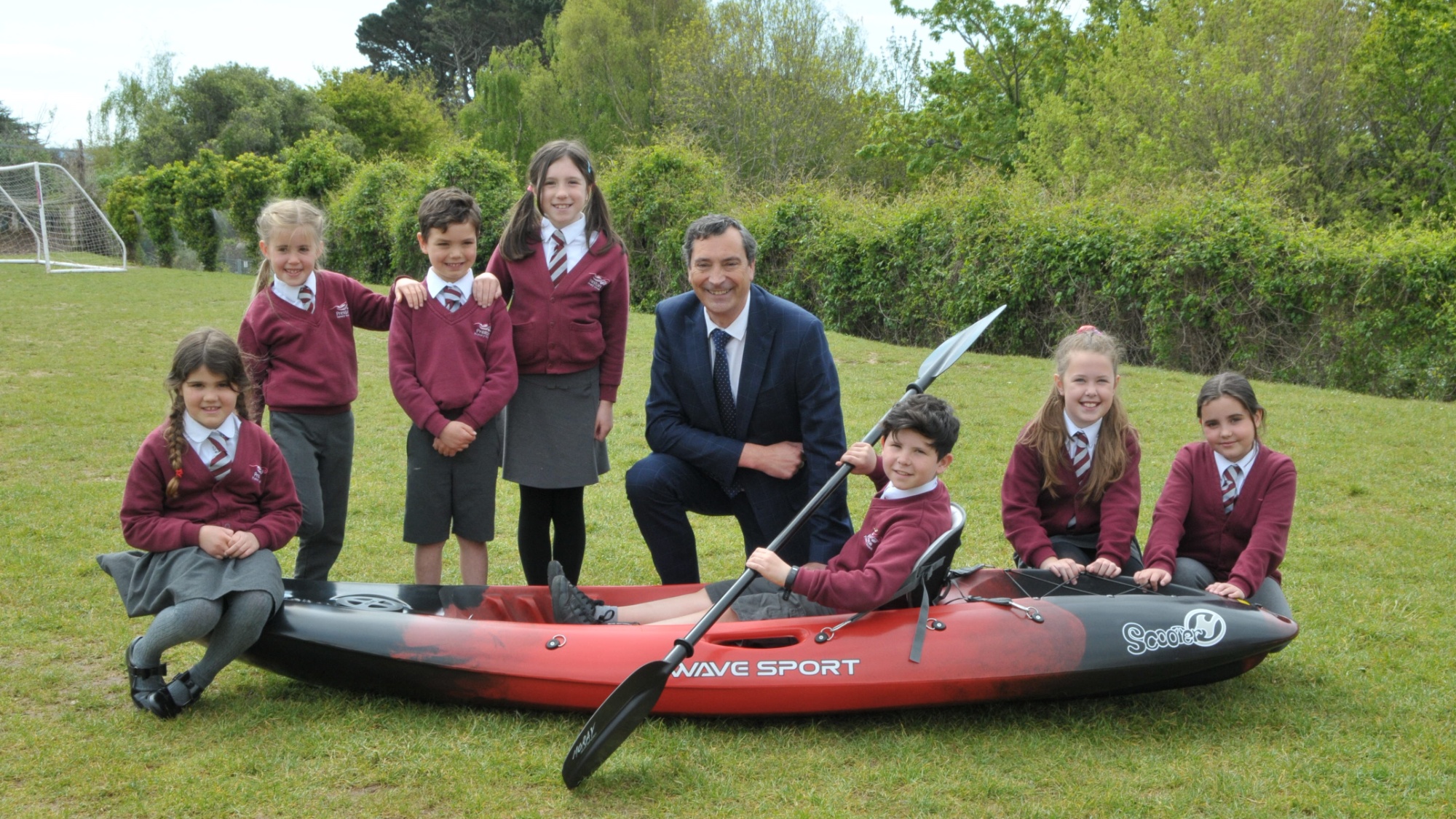Foundation Stage Weekly Newsletter
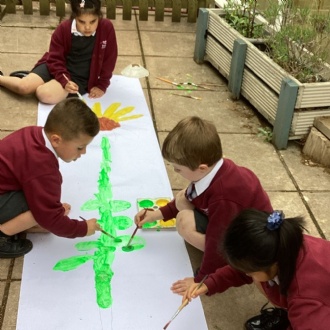
Puffins and Penguins Weekly Newsletter, 20th May 2022
Let’s Investigate
This week Puffins and Penguins were answering the questions …
Which foods can we grow and eat?
What are the parts of a plant and what are their functions?
What is the lifecycle of a sunflower?
This week we made a link to human body parts and their functions, e.g. you need your eyes to see with; your legs move you to different places etc. We learnt the different parts of a plant (roots, stem, flower, leaves) and discussed their function, e.g. the roots transport the water from the soil; the brightly coloured flower attracts insects such as bees and butterflies.
We then talked about how people grow fruit and vegetables. We discussed where they grow, such as on a tree or underground. We talked about which parts of the plant we eat. For example, with carrots and beetroot we eat the root of the plant, with peas we eat the seeds, with cauliflower we eat the flower part. This has also led to lots of discussions when eating their school lunch as the children have been sharing their knowledge with each other – “My carrots grew under the ground”, “My potatoes are a root vegetable”, etc.
We looked at the lifecycle of a sunflower and discussed how 1 flower can produce many new seeds. We planted some sunflower seeds. On the packet it said that they might grow up to 180cm! To get an understanding of what this looked like, we used metre sticks to measure 180cm on a piece of paper. The children then created paintings of these giant sunflowers. We had lots of fun working outdoors as a team to do this. The children were challenged to produce a labelled drawing of a flower, and they amazed us with the results. We have created a board in each classroom to display our work.
‘I love bugs’ by Emma Dodd
In our literacy lessons this week we have been enjoying the poetry book ‘I love bugs’ by Emma Dodd.
We had to guess which creature the author was describing, e.g. “I love springy jumpy leapy bugs and I love slimy crawly creepy bugs.”
We also discussed the vocabulary in the book that described how the minibeasts moved, for example, glided, fluttered and scuttled. We then demonstrated this by moving around the classroom in different ways.
We also began the process of creating our own piece of writing by thinking of words to describe other creatures. We jotted these words down on a large piece of paper next to an image of that animal. We will use these next week to write our own clues for a minibeast.
Life Cycle of a Butterfly
Today is Day 24 on our timeline. All of the caterpillars have now formed a chrysalis. We carefully moved them from the lid of their pot into two large mesh containers where they will now stay until they emerge from their chrysalis.
Within the chrysalis, old caterpillar tissues are being broken down and rearranged to form the completely different cells, tissues, and organs of the mature butterfly. We talked about the word ‘metamorphosis’ and made some predictions about when we think we will meet the first butterflies.
We also talked about the picture book ‘The very hungry caterpillar’ by Eric Carle. In the book the author says … ‘he built a small house, called a cocoon, around himself’. In fact, we discovered that it is moths who make a cocoon, while butterflies form a chrysalis. We have challenged the children to teach you this fact next time you share this book at home.
Woodland Camp
We visited the environmental area this week to start planting our seeds into the raised beds. This week we planted potatoes and peas. We remembered that plants need sun and water to grow.
There is a fun activity on Seesaw this week where the children have to sort and move the fruits and vegetables into their correct growing position.
Maths
In Maths this week, we have been working on subtraction. For example in the calculation 8 – 3 = 5, we explored how the 8 is the whole number, and how we had to remove the 3 part of this amount to leave the 5. We made up our own number stories using first, now, then, to put the sentences into context, for example, First there were 8 lions on the bus, then 3 lions got off at the next bus top, now there are 3 lions left on the bus. We used tens frames to explore what a number sentence actually means.
This week we introduced a new piece of mathematical equipment to the children. A Rekenrek has 2 bars with 10 beads on each row. The first 5 beads are red, the second are white. This transforms the Rekenrek from a counting tool, to a subitising tool. Children can see how each number relates to 5 and 10. For example, if they are asked to show 8 on the Rekenrek, the children will know to push all 5 red beads and 3 white beads to the left hand side, rather than counting out 8 beads one by one.
PE
In PE this week we continued our work on hand and eye coordination. The children took part in a rotation of activities where they had to work on their aim and accuracy. We made our own ‘coconut shy’ with plastic bottles which the children had to try and knock over by throwing a bean bag at them. The children were also challenged to improve their accuracy of aim by throwing balls into a large bucket, and by throwing bean bags into hoops. The children showed great determination and resilience to improve their aim.
Home Learning
- Enjoy the story on Seesaw, ‘Jasper’s Beanstalk’ by Nick Butterworth, read by Mrs Bastin.
- Check Seesaw and your book bag for this week’s RWI books and activities. Practise reading your book at least 3 times a week.
- Use Ten Town to practice numbers 0-10.
- Complete the garden subtraction activity on Seesaw.
- Move the fruit and vegetables to their correct place on the sorting activity on Seesaw.
- Learn the days of the week. You may like to use this video link. Days of the Week clap clap! to the tune of the Addams Family - YouTube
Swimming
You will have received an email this week regarding swimming sessions next half-term.
Puffins and Penguins will be swimming each Tuesday.
Dates for your diary
- Friday 27th May - Queen’s Jubilee Celebration in school – details sent via e-mail and ‘SchoolNews’ app.
- Monday 30th May - Half term begins.
- Monday 6th June - Children return to school.
- Tuesday 7th June – Puffins and Penguins swimming sessions start. Bring your swimming kit each Tuesday.
- Friday 8th July – Summer Fayre. Starts at 3:15pm on the school field. (Friday 15th July – Reserve date).
- Monday 11th July – Sports Day, Foundation Stage 2pm-3:15pm. (Thursday 14th July – Reserve date).
- Thursday 21st July – final day of term.
From Mrs Bastin, Mrs Clague and the Foundation Stage Team

